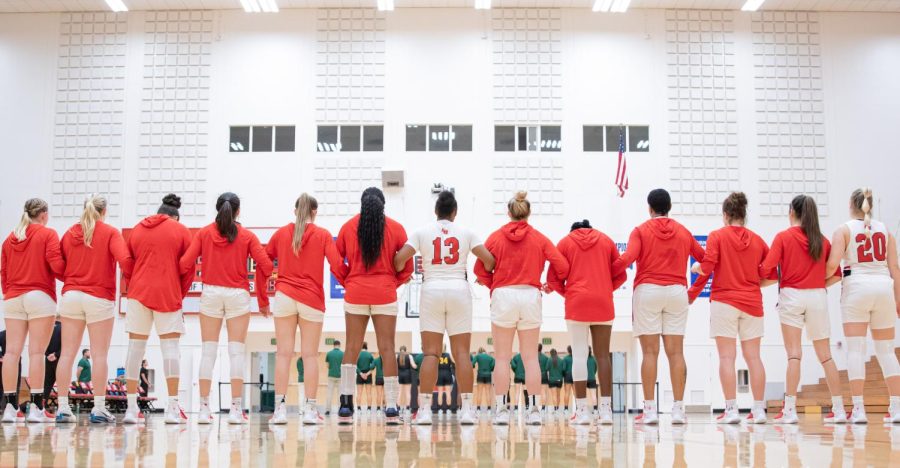The annual Bayfest concert, which was to feature rap artists Too Short, YG and HBK on Thursday, Feb. 23 at CSU East Bay, was abruptly cancelled the day before due to “logistical concerns.”
Associated Students Inc. (ASI) Executive Director Randy Saffold, sent an e-mail to all ticket holders, posted fliers and issued a press release on the university website announcing the cancellation.
The uproar of criticism from students was immediate. Angry messages exploded across social media sites Facebook and Twitter. Later that night, a small Occupy-like protest occurred in the New University Union, as about 20 students expressed anger over the sudden cancellation and the estimated non-refundable $14,400 fee paid to the artists.
Beyond student frustration, the circumstances surrounding the cancellation are vague and have been subject to much speculation, including the explicitness of Too Short’s lyrics.
An article published by the Los Angeles Times Monday, detailed recent controversy over a Too Short video.
But ASI says that was not a factor.
According to Stan Herbert, Associate Vice President of Student Affairs, the official reason for the cancellation was “logistical concerns,” namely that tickets were oversold beyond the capacity of the Multipurpose Room in the New University Union.
“We didn’t have any reasonable alternatives we could implement in that short amount of time,” Herbert said.
Clearly, ASI demonstrated an unfortunate lack of preparation and foresight on this issue.
Saffold said the venue capacity for the Multipurpose Room was 343. By Friday Feb. 17, according to Saffold, 366 were sold. On Monday, they discovered an additional 180. “One little flaw that we didn’t catch,” said Saffold.
Although the clear stance taken on behalf of ASI is over capacity, one thing that does not make sense is why tickets that were oversold were not just refunded instead of cancelling the entire event?
Either ASI really didn’t plan accordingly and messed up in the process, or there’s a larger issue they are not communicating to students.
Either way, the lack of responsible preparation – insurance and security to name a few – is alarming.
While Herbert said the decision to cancel was made in the interest of student safety, the more serious question is why student safety was only considered days before the event.
ASI President Christopher Prado, who publicly expressed his discontent over the cancellation on Thursday night at the Occupy-like event and via social media, said this is one of the few events which has received so much public attention and has sold out in pre-sales, and thus feels this tarnishes the reputation for CSUEB and ASI events.
In the end, the problem with Bayfest was a lack of responsibility on behalf of those planning and coordinating the event.
CSUEB student tuition fees fund ASI and ASI events, and the amount spent on Too Short may never be recovered, though Saffold says there is a possibility he could perform on campus in the future. Whether or not the artist would charge an additional fee is not clear.
We at The Pioneer applaud the decision to think of students safety, but, must ask why such considerations were made so late in the game?
Furthermore, the lack of planning procedures led to the loss of more than $14,000 and that money must be accounted for. We sincerely hope ASI will take steps to implement internal event planning procedures and communicate those plans to the campus community.










